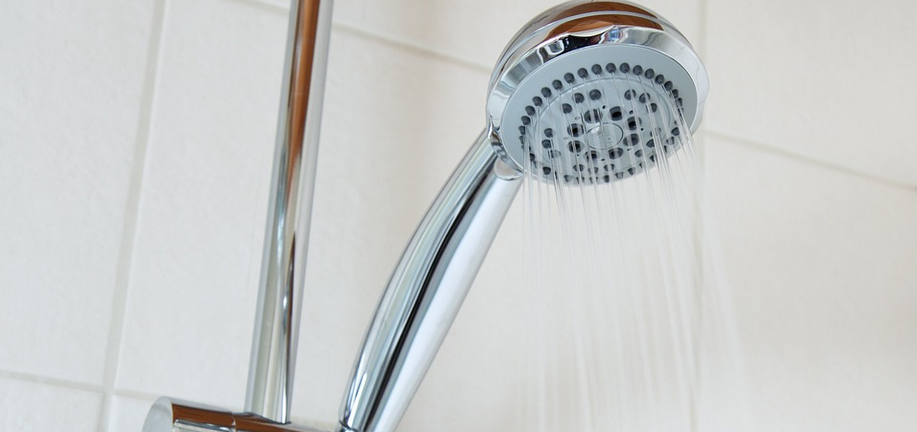Top Reasons Your Home Needs a Humidifier
Are you feeling a little stuffy lately? Do your allergies seem to be acting up more than usual? You might need a humidifier! A humidifier can help add moisture to the air in your home, which can help improve your breathing and reduce allergy symptoms. In this blog post, we will discuss why every home should have a humidifier.
It Helps Reduce Airborne Illness
One of the most significant benefits of having a humidifier in your home is that it can help reduce airborne illness. Dry air can make it easier for germs and bacteria to spread, leading to more sickness in the household. With increased humidity in the air, these germs and bacteria become less active, making it harder for them to transmit illnesses.
It Can Help Reduce Allergies and Asthma Symptoms
Dry air can also be a problem for people suffering from allergies or asthma. Dry air can cause irritated noses, throats, and eyes, as well as coughing, sneezing, and wheezing. Adding moisture to the air with a humidifier can significantly reduce these symptoms.
In addition, Dry air not only affects your respiratory system, but can also wreak havoc on your skin. Dry air can cause dryness, itching, and flaking of the skin, as well as eczema and other skin conditions. Using a humidifier can help keep your skin hydrated and reduce the symptoms of dryness and irritation.
It Helps Save Money on Heat
Another advantage of having a humidifier is that it can help save money on energy bills. When the air in your home is dry, you need to turn up the heat to feel comfortable. But with increased humidity, the air will feel warmer at lower temperatures. This means you don’t have to turn up the thermostat as much, which can lead to big savings on your energy bills.
It Helps Protect Furniture and Wood Floors
 Dry air can also wreak havoc on wooden furniture and hardwood floors. Without the proper humidity, these materials can quickly become dry and brittle, leading to cracking or splitting. A humidifier can help keep the moisture levels in your home healthy, which can help preserve these materials and keep them looking great. As you can see, there are many benefits of having a humidifier in your home. Not only can it help reduce airborne illness, allergies, and asthma symptoms, but it also helps keep your skin hydrated and saves money on energy bills.
Dry air can also wreak havoc on wooden furniture and hardwood floors. Without the proper humidity, these materials can quickly become dry and brittle, leading to cracking or splitting. A humidifier can help keep the moisture levels in your home healthy, which can help preserve these materials and keep them looking great. As you can see, there are many benefits of having a humidifier in your home. Not only can it help reduce airborne illness, allergies, and asthma symptoms, but it also helps keep your skin hydrated and saves money on energy bills.
And it can even protect wooden furniture and hardwood floors from becoming dry and brittle. If you’re looking to improve the air quality in your home, then a humidifier is worth considering.…





 When furnishing the external porch, studying the play of light and shadows is fundamental. A little trick is enough to create a modern and comfortable space only by evaluating the materials. Making the ceiling with boards is an optimal solution. It allows you to create wonderful shadow effects on furnishing elements, making the environment unique and dynamic.
When furnishing the external porch, studying the play of light and shadows is fundamental. A little trick is enough to create a modern and comfortable space only by evaluating the materials. Making the ceiling with boards is an optimal solution. It allows you to create wonderful shadow effects on furnishing elements, making the environment unique and dynamic. To make the outdoor porch unique and original, opting for unusual materials is the best choice. The classic wooden structure can easily be replaced by a modern and design iron construction. The addition of hints of color through the furnishings also contributes to creating a particular and lively environment.
To make the outdoor porch unique and original, opting for unusual materials is the best choice. The classic wooden structure can easily be replaced by a modern and design iron construction. The addition of hints of color through the furnishings also contributes to creating a particular and lively environment.




